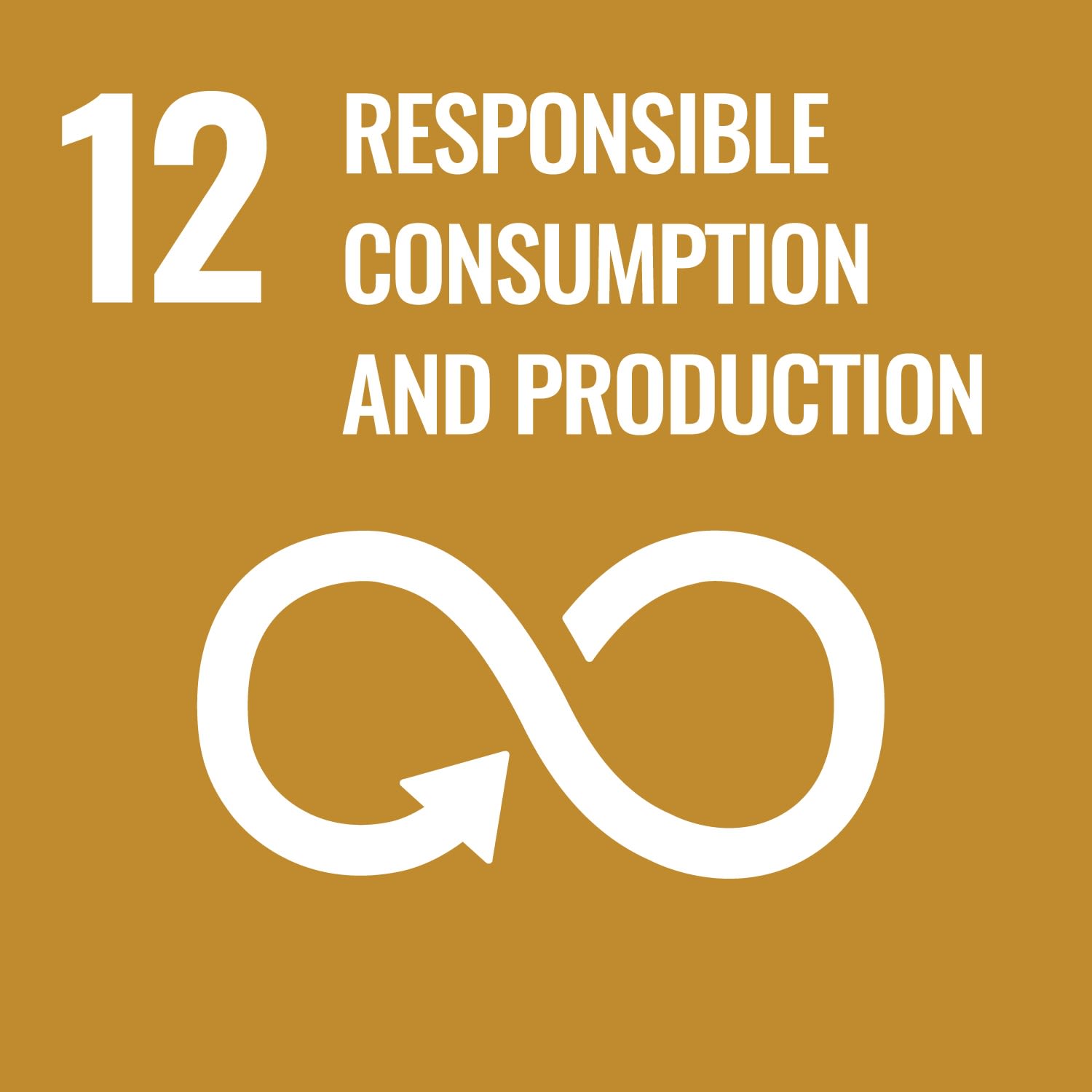Dr Féidhlim McGowan
Lecturer in Economics; Programme Director of MSc Fintech (Economics and Financial Technology)
J.E. Cairnes School of Business and Economics, University of Galway



Féidhlim is a behavioural economist who primarily conducts experimental research, often to provide evidence for policy. His recent research has investigated how the framing of costs and benefits and payment structures affect willingness-to-pay for more fuel-efficient vehicles. He previously worked in the ESRI Behavioural Research Unit to design and test policy interventions. As an Irish Research Council Fellow, his postdoctoral research explored fair and effective carbon tax designs to reduce emissions from polluting activities such as flying. His PhD thesis examined how numerical information is represented and weighted in decisions by consumers and experts.
Féidhlim's research contributes to these SDGs:

Féidhlim is a member of the Centre for Economic Research on Inclusivity and Sustainability CERIS
Key Target: 12.8 By 2030, ensure that people everywhere have the relevant information and awareness for sustainable development and lifestyles in harmony with nature
Féidhlim recently published an article describing behavioural insights for the design and implementation of an active travel infrastructure. Active travel infrastructures comprise things like cycle lanes and paths for walking that are safe from traffic. It is important to implement these changes to our transport infrastructure to help tackle the climate crisis and also to help people live healthier lives. Féidhlim was on Connemara Community Radio in February talking about this research and its relevance for the West of Ireland.

Teaching

Ireland in the Global Economy The module provides a survey of Irish and global contemporary economic policy issues. Throughout the module, Ireland’s experience is placed in the context of economic globalisation, membership of the European Union, and the evolving global environment. Economic models are used to inform the analysis of each topic. Each part of this module was different.
The topics covered in Féidhlim's section supported the following Targets: 10.4 Adopt fiscal and social policies that promote equality; 12.2 Sustainable management and efficient use of natural resources, 12.8 Promote universal understanding of sustainable lifestyles
Principles of Macroeconomics The objective of this module is to introduce students to the principles of macroeconomics. Macroeconomics is the study of how the economy as a whole works. Important macroeconomic concepts and issues include economic growth, inflation and employment. In this module students learn about measures used to measure an economy’s performance, long-run economic growth and short-run fluctuations in the economy. They also learn about the role played by government fiscal policy and monetary policy.
Supporting Targets: 8.1 Sustainable economic growth, 8.2 Diversify, innovate and upgrade for economic productivity, 8.4 Improve resource efficiency in consumption and production
Direct impact SDG Targets
7.3 - Double the improvement in energy efficiency
8.1 - Sustainable economic growth
8.4 - Improve resource efficiency in consumption and production
9.1 - Develop sustainable, resilient and inclusive infrastructures
11.2 - Affordable and sustainable transport systems
11.3 - Inclusive and sustainable urbanization
11.6 - Reduce the environmental impact of cities
12.C - Remove market distortions that encourage wasteful consumption

Research

Featured Publication: Looking beyond time preference: Testing potential causes of low willingness to pay for fuel economy improvements. Resource and Energy Economics, 2023.
Note: This summary is an abridged version of an ESRI Research Bulletin which can be found here.
The climate crisis requires a rapid shift to more energy-efficient vehicles to reduce carbon emissions. A barrier to this change for many people is the upfront financial cost. When consumers buy cars and domestic appliances, some options are more expensive but would recover more than the price difference through lower running costs over time. However, people purchase these options less often than such economic calculations would predict. This gap between predicted and actual take-up of energy efficient technologies is called the "energy paradox". Understanding and countering the energy paradox matters for climate policy.
The leading explanation for the energy paradox is "time discounting", which is the idea that people simply care less about what they might have to pay in the future compared to what they pay now. However, other explanations are possible. This study used a controlled experiment to test alternatives to time discounting as explanations for the energy paradox. One alternative is the idea that when people intuitively sum up a sequence of numbers – such as expected fuel savings that accrue over time – they systematically underestimate the total.
Data and methods
A nationally representative sample of 2,368 car buyers took part in an online experiment to explore causes of the energy paradox. They chose between just two cars, which were identical except one car had better fuel efficiency. “How much extra would you be willing to pay for the more fuel-efficient car?” They typed a figure to indicate their willingness-to-pay (WTP). The experiment varied both how the payments for the better car were scheduled and how the fuel cost savings were framed. In this way, we could see whether the amount extra that people would pay for the more fuel-efficient car was more affected by when they had to pay (time discounting) or by how much weight they gave in their decisions to sums of smaller amounts.
Results
Consumers who were asked to make an additional monthly payment had higher WTP than those asked to do so annually or upfront. By contrast, displaying the fuel cost saving over a longer period of time (three-year savings or annual savings) resulted in higher WTP than framing fuel savings as per month, although the impact on what people would pay was smaller than the effect of varying the payment schedule. Most importantly, this pattern of results could not be explained simply by people discounting future payments and savings compared to immediate ones. The variation in how much people were willing to pay for a car was consistent with people giving too little weight to sums of smaller amounts.
These findings suggest that the energy paradox is not caused by people simply discounting payments and savings in the future, but is partly down to consumers placing insufficient weight on sums of smaller amounts when they make purchases. The results hence give guidance on possible ways to overcome the paradox and to promote decisions that are better for reducing greenhouse gas emissions while providing consumers with long-term savings. Prices that are paid in multiple small instalments or fuel economy descriptions that aggregate the savings into annual or longer-term savings are likely to lead to more investment in energy-efficient products. Government grant schemes (and communication of such schemes) for electric vehicles and household retrofitting could benefit from these insights. The consumer biases demonstrated in our study also imply scope for regulatory intervention to promote product descriptions that help consumers to make better long-term decisions.
|
Featured Publications |
SDGs |
|
Timmons, S., Andersson, Y., McGowan, F. P., Lunn, P. D. (2024). Active travel infrastructure design and implementation: Insights from behavioral science. Wiley Interdisciplinary Reviews: Climate Change, e878. |
8; 11; 13 |
|
McGowan, F. P., Denny, E., Lunn, P. D. (2023). Looking beyond time preference: Testing potential causes of low willingness to pay for fuel economy improvements. Resource and Energy Economics, 75. |
7; 13 |
|
McGowan, F. P., Lunn, P. D. (2020). Supporting decision-making in retirement planning: Do diagrams on Pension Benefit Statements help. Journal of Pension Economics and Finance, 19(3), 323-343. |
3; 10 |
|
Lunn, P. D., Timmons, S., Julienne, H. and 4 more (...) (2021). Using decision aids to support self-isolation during the COVID-19 pandemic. Psychology and Health, 36(2), 195-213. |
3 |
|
Timmons, S., McGowan, F. P., Lunn, P. D. (2019). Setting defaults for online banking transactions: Experimental evidence from personal loan repayment terms. Journal of Behavioral and Experimental Finance, 23, 161-165. |
10 |
|
Lunn, P. D., Timmons, S., Robertson, D. A., Julienne, H., Lavin, C., Barjaková, M., Poluektova, O., Mohr, K., Andersson, Y., McGowan, F. P., Papadopoulos, A. Behavioural evidence to inform the COVID-19 pandemic response: Ireland's Social Activity Measure (SAM). |
3 |
|
Lunn, P. D., Belton, C. A., Lavin, C., McGowan, F. P., Timmons, S., Robertson, D. A. (2020). Using Behavioral Science to help fight the Coronavirus. Journal of Behavioral Public Administration, 3(1). McGowan, F. P., Timmons, S., & Robertson, |
3; 16 |
|
McElvaney, T. J., Lunn, P. D., McGowan, F. P. (2018). Do consumers understand PCP car finance? An experimental investigation. Journal of Consumer Policy, 41, 229-255. |
4; 10 |
